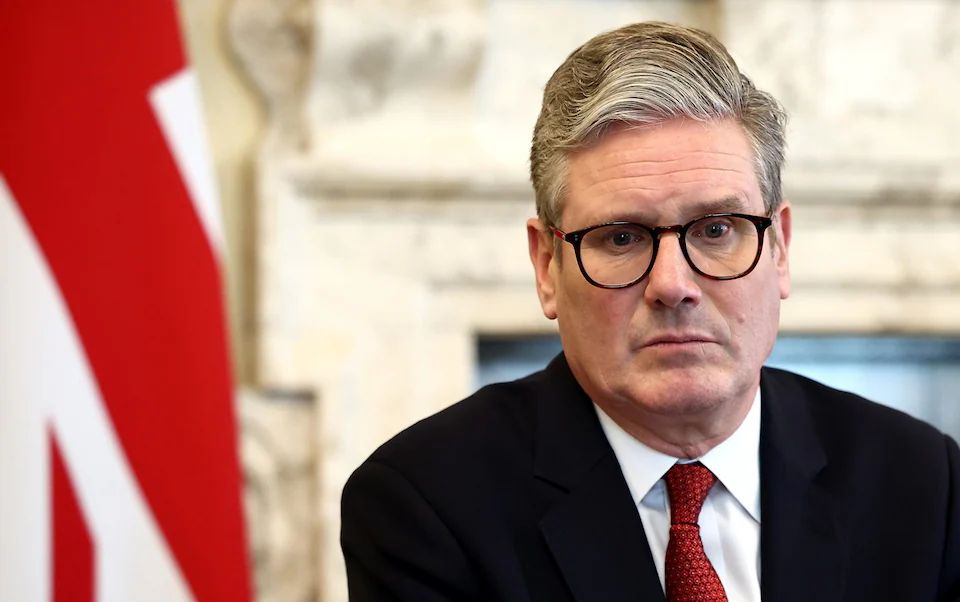The United Kingdom (UK) government has acknowledged that its deep foreign aid cuts will likely lead to more global deaths, disproportionately affecting women, girls, and crisis-hit regions in Africa.
In its latest report, the Foreign, Commonwealth and Development Office (FCDO) confirmed a £575 million cut for 2025-26. Overall aid will drop from 0.5% to 0.3% of Gross National Income by 2027—around £6 billion less.
The FCDO’s own impact assessment warns that the cuts could increase disease and death, especially among the poorest and most vulnerable, including children and people with disabilities.
Critics say key sectors like education, healthcare, and gender support will suffer most. Labour MP Sarah Champion called the move a blow to “the pillars of healthy and secure societies. “
Read Also: UK junior doctors’ strike confirmed as talks collapse
Gideon Rabinowitz of Bond, a network of UK aid organisations, warned that the world’s most marginalised communities will “pay the highest price” and urged the UK to fill the gap left by the US retreat from global gender programmes.
Africa is taking the brunt of regional cuts, despite being home to most of the world’s poorest people.
Aid to the Americas, Europe, and Indo-Pacific is rising, while support for countries like South Sudan, Ethiopia, and Somalia is falling sharply.
While the UK is still sending £1.8bn to the World Bank’s IDA and backing global vaccine efforts like Gavi, direct country-level support is shrinking. Funding for girls’ education is set to be halved, and spending on women’s health—including family planning—is also being reduced.
Baroness Jenny Chapman, Minister for Development, defended the shift, saying the UK is moving from being an “aid donor” to a partner, focusing on long-term investment and expertise-sharing.
But campaigners say the strategy change comes at a cost: fewer resources for those most in need, especially women and girls in conflict zones.



